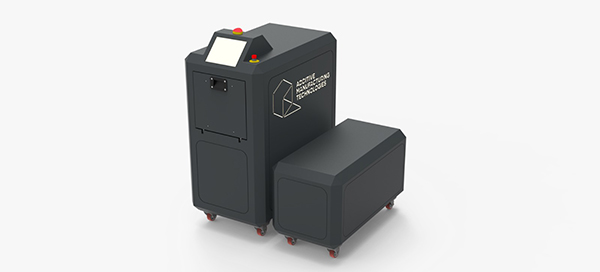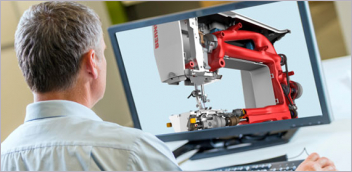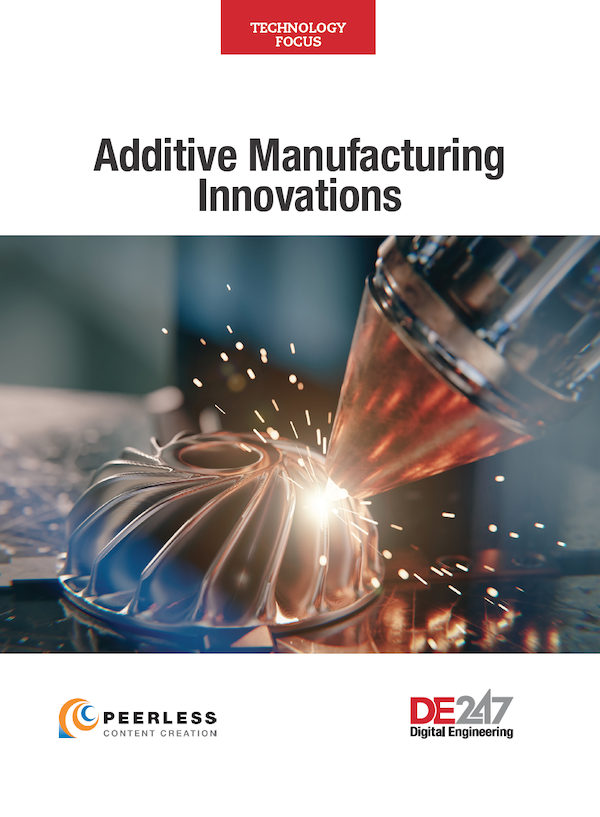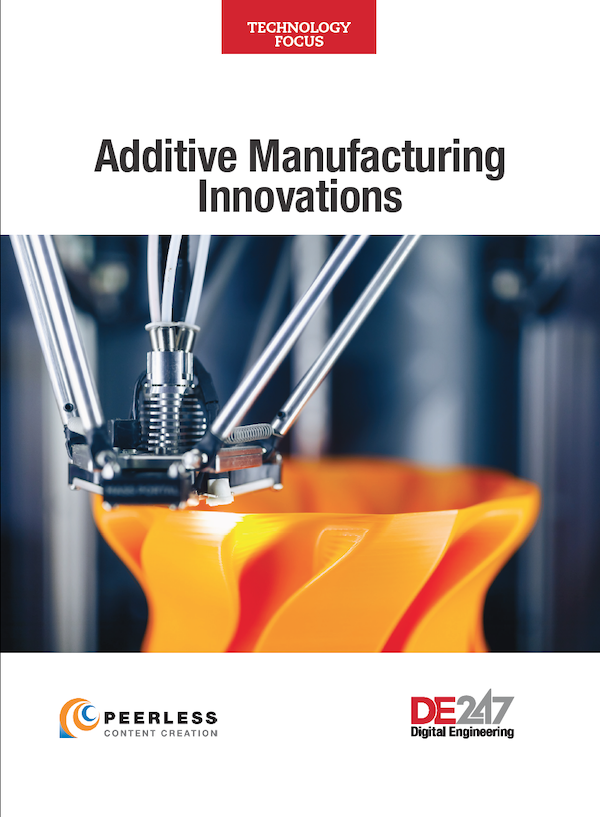AMT Announces First Sale of its PostPro3DMini System
The Technical University of Munich (TUM) has confirmed it will take delivery of a PostPro3DMini automated post-processing system from Additive Manufacturing Technologies (AMT).

Image courtesy of AMT.
Latest News
October 3, 2019
The Institute of Micro Technology and Medical Device Technology of the Technical University of Munich (TUM) has purchased a PostPro3DMini system from Additive Manufacturing Technologies (AMT) and will use the machine to support its medical device research.
AMT’s PostPro3D fully automated, safe and sustainable post-processing solution for polymer additively manufactured parts was commercialized last year and has been incredibly successful with installations around the world. The PostPro3DMini was subsequently introduced to the market earlier this year, to offer all of the advantages of the PostPro3D but in a more compact unit for smaller production runs, research institutions, STEM programs and design studios.
Based on AMT’s automated BLAST process, the PostPro3DMini offers smoothing and surface modification that can achieve a surface quality equal to or better than injection molding for AM parts produced using all common 3D printing polymers. The process does not use water, but a recyclable, single, non-toxic agent.
The Institute of Micro Technology and Medical Device Technology at TUM has a broad scope of research areas developing new additive manufacturing technologies and medical devices. The Institute has considerable research dedicated to the development of new medical devices. It is with this application that the ME department at TUM were looking for a commercially available particular solution for its post-processing requirements.
AMT’s fully automated post-processing hardware is particularly suited for medical device applications because it meets all of the required safety standards regarding cytotoxicity.
The ISO 13485 certified Institute of Micro Technology and Medical Device Technology is developing individualized instruments for various medical applications using the EOS PA2200 material. The aim is to integrate the PostPro3D Mini into the fabrication process of medical devices and to increase the range of SLS fabricated parts for medical applications through the advanced post-processing technique.
“We are really pleased to be working with the Mechanical Engineering department at TUM,” says Joseph Crabtree, CEO of AMT. “This is a prestigious research institute that has been working on the progression of AM for many years. The fact that they have purchased the PostPro3DMini to support this research, and for such a demanding application in the medical device sector, is a real testament to the capabilities of the PostPro3D platform and how it can meet the demands for such applications that previously have not been met.”
Sources: Press materials received from the company and additional information gleaned from the company’s website.
Subscribe to our FREE magazine, FREE email newsletters or both!
Latest News
About the Author
DE’s editors contribute news and new product announcements to Digital Engineering.
Press releases may be sent to them via DE-Editors@digitaleng.news.






